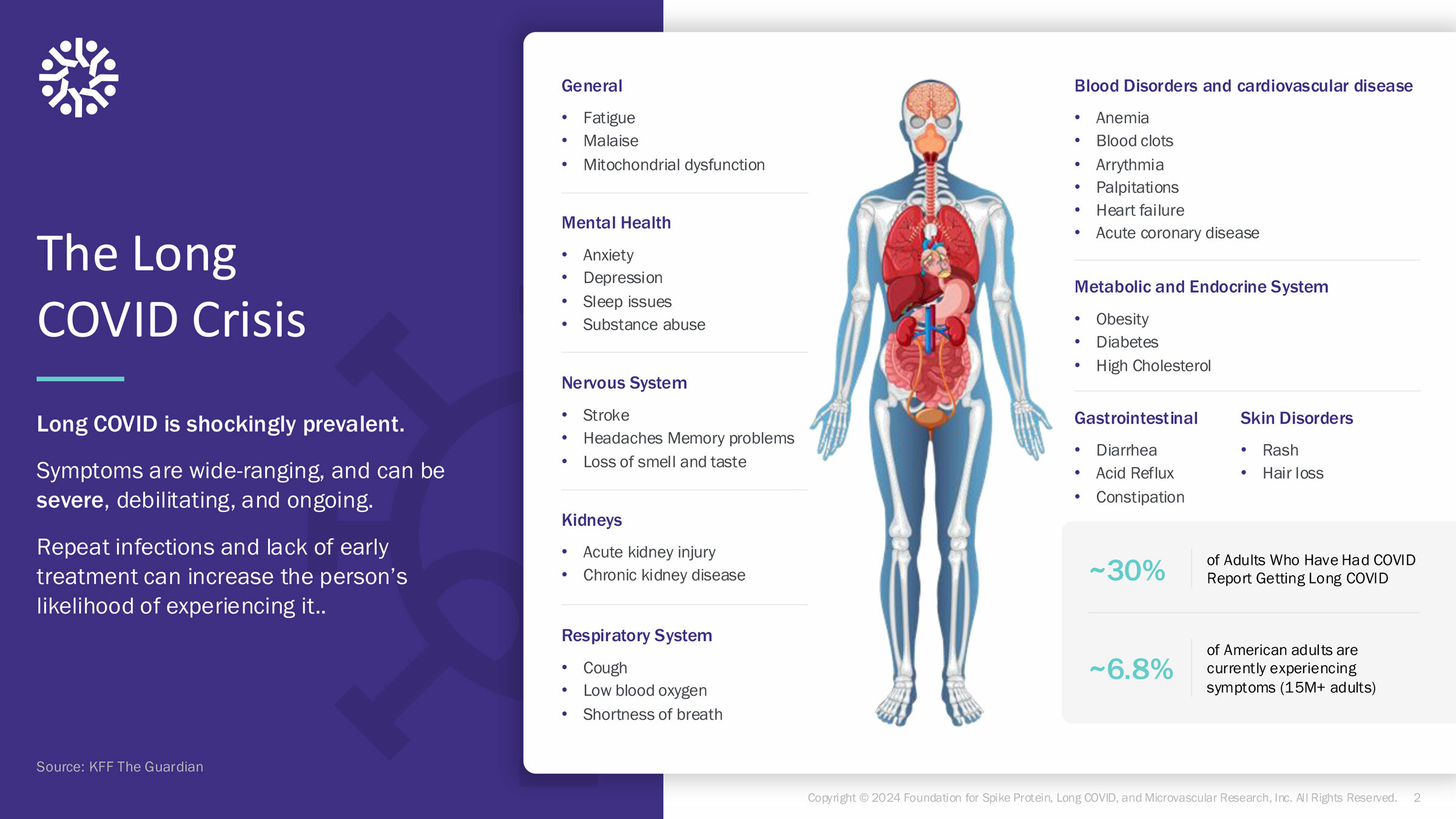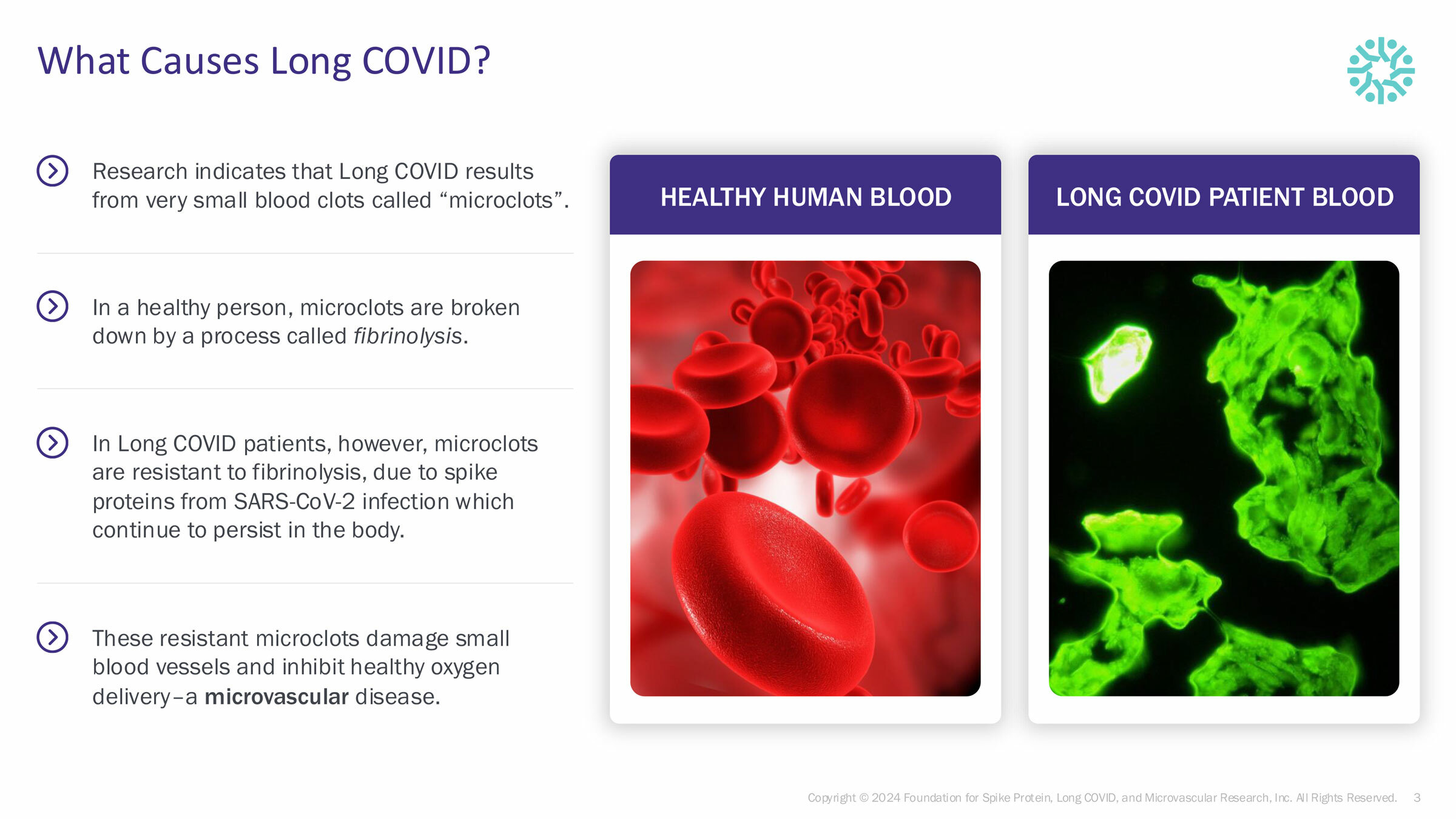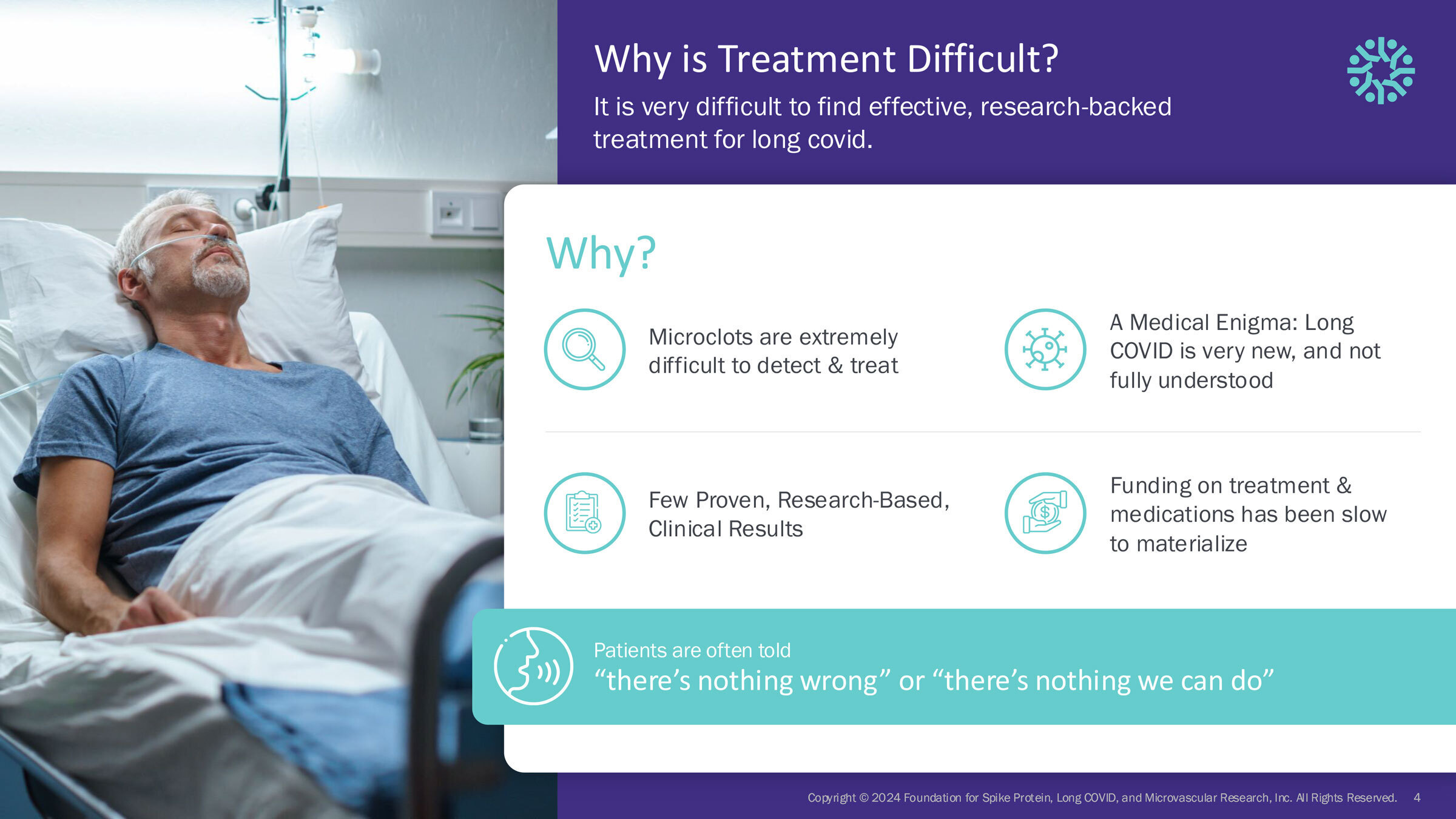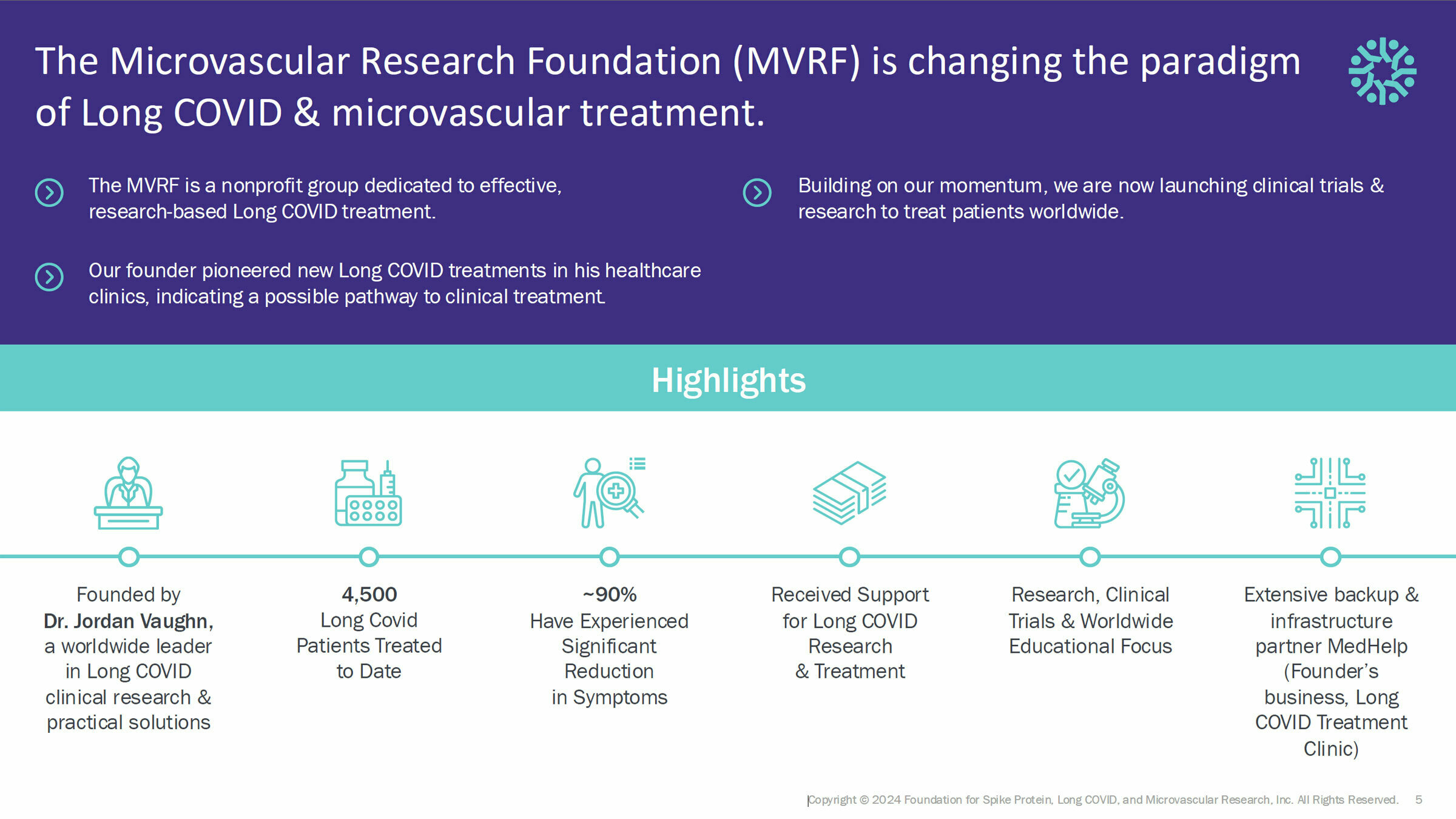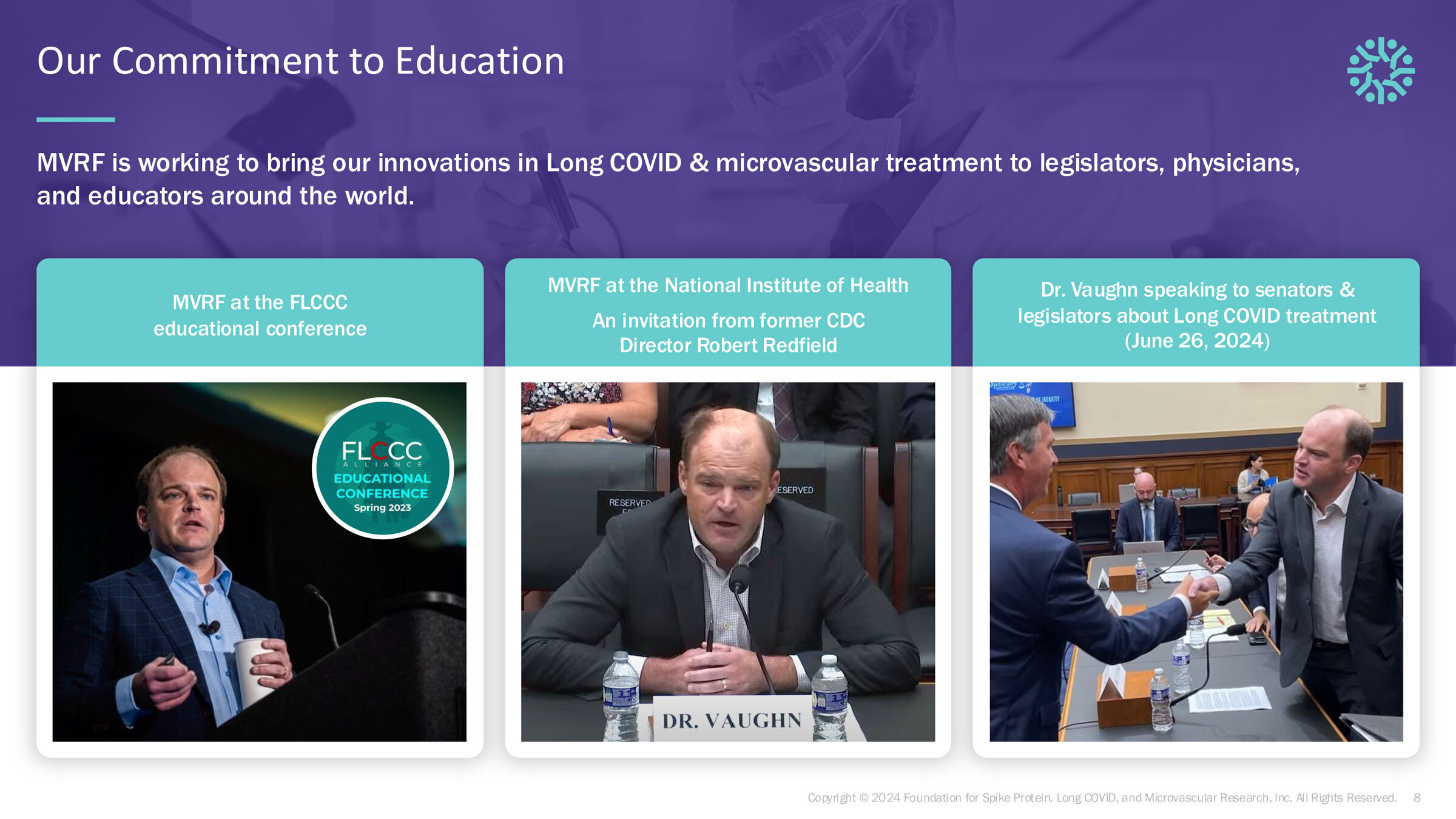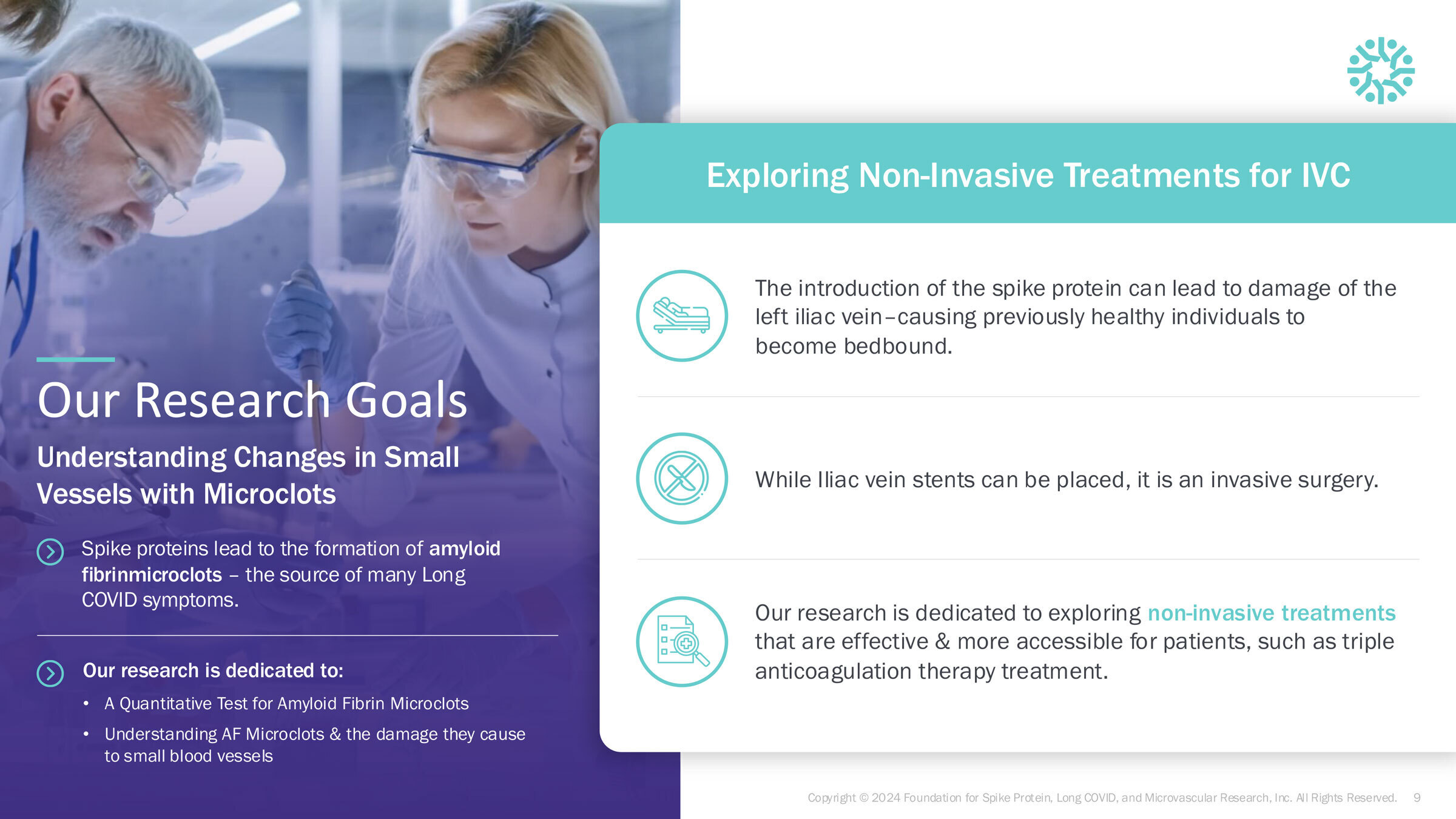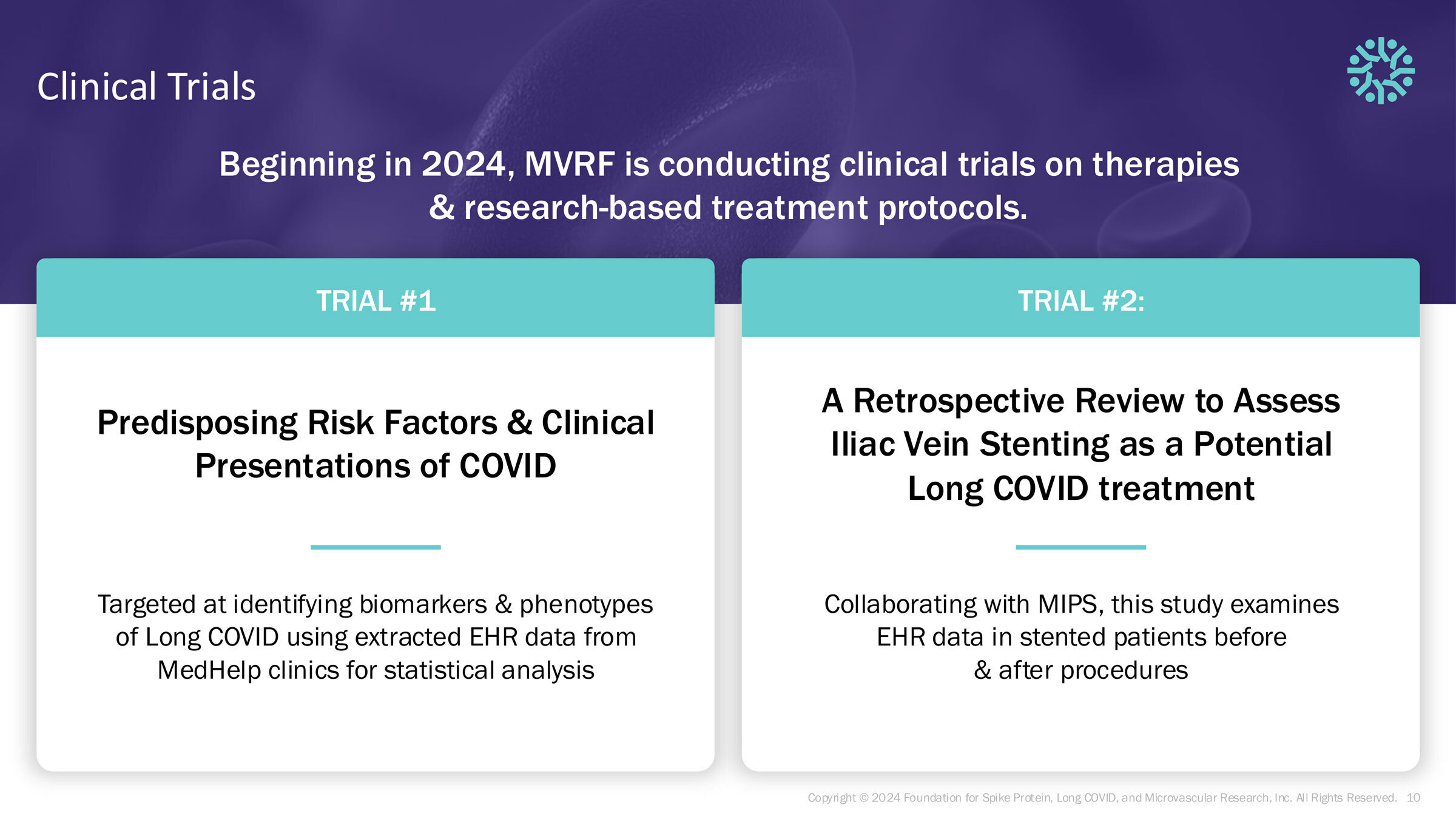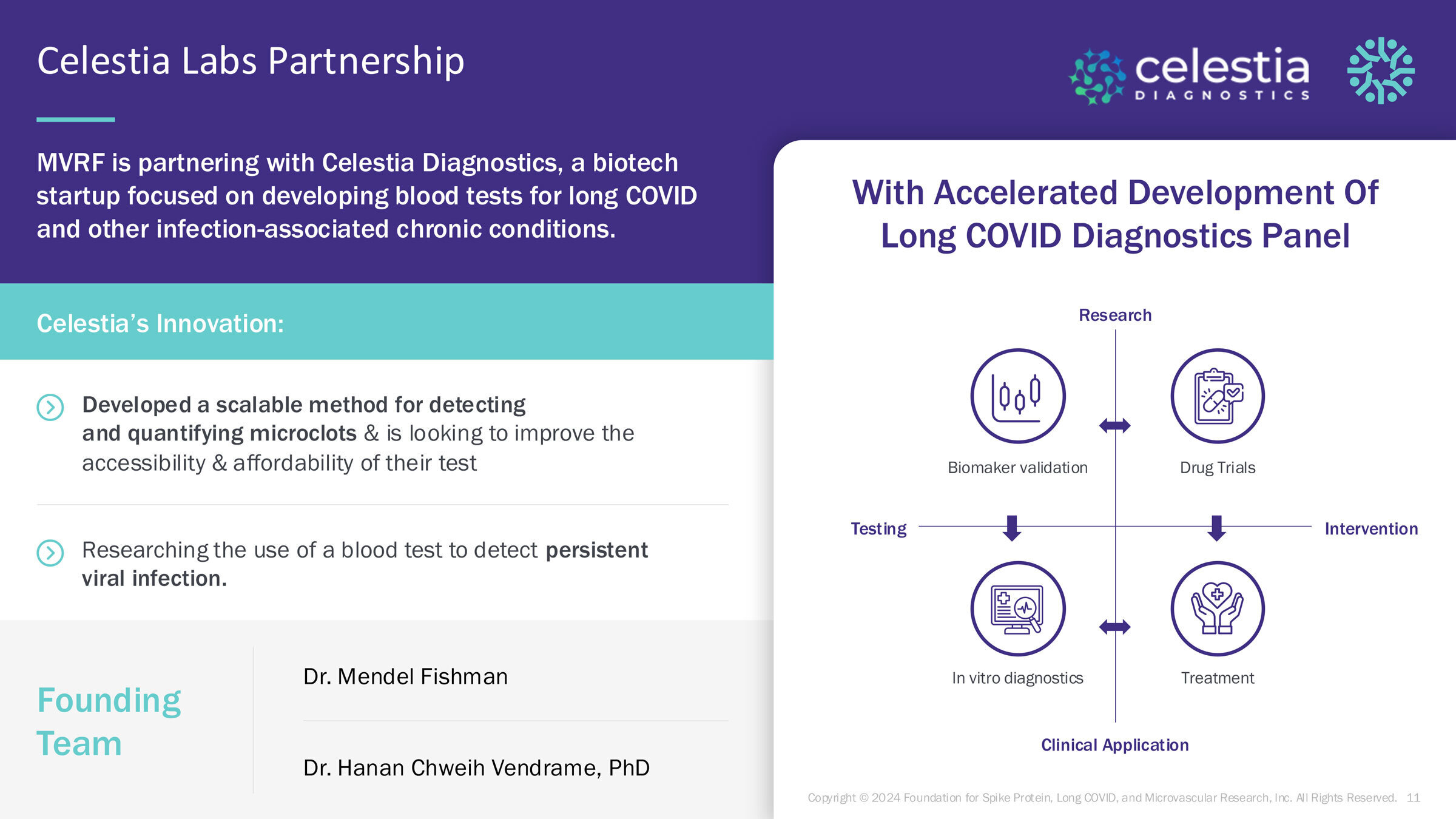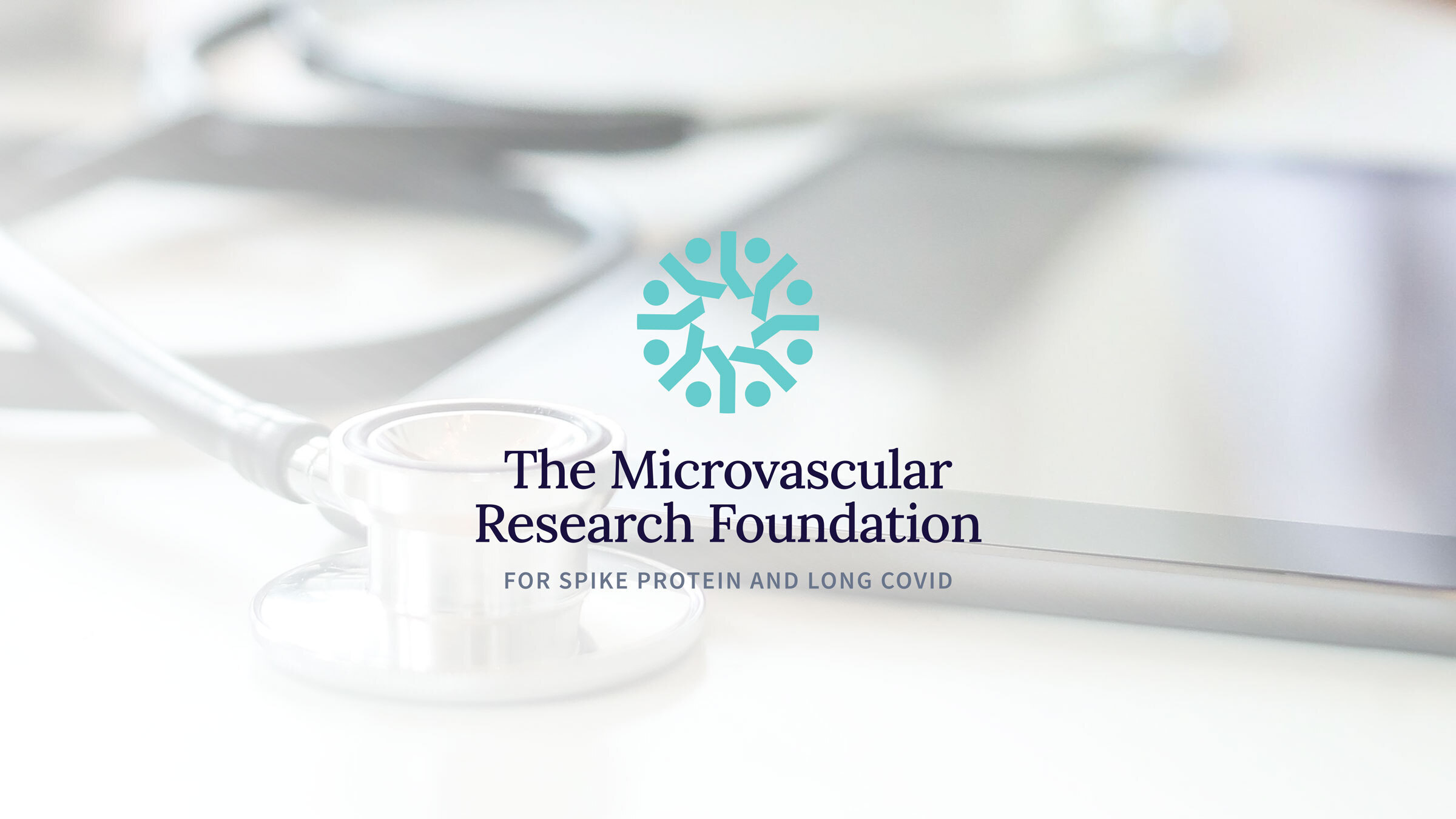Current Collaborative Research Initiative with MIPS
Long COVID is a complex, multi-system condition affecting millions worldwide, yet effective treatments remain limited. Emerging evidence suggests a significant overlap between Long COVID symptoms, such as fatigue, dyspnea, orthostatic intolerance, and chronic pain, and venous outflow obstruction syndromes, including non-thrombotic iliac vein lesions (NIVL, also known as May-Thurner syndrome). Iliac vein stenting has demonstrated clinical benefit in
patients with pelvic venous disorders, but its role in Long COVID has not been systematically studied.
This retrospective study leverages clinical data from approximately 1,000 patients treated at two high-volume centers: Minimally Invasive Procedure Specialists (MIPS) in Colorado and MedHelp Clinics in Alabama, who underwent iliac vein stenting as part of standard care. The project evaluates patient-reported outcomes, hematologic microclotting profiles, pulmonary function testing, and quality-of-life metrics before and after intervention. Inclusion criteria ensure a well-defined Long COVID population, while rigorous statistical analyses will assess clinical efficacy and patterns of response.
The significance of this work lies in its scale and novelty: it represents the first large dataset investigating iliac vein stenting as a therapeutic option in Long COVID. Results could provide compelling evidence for a new treatment pathway, inform future prospective clinical trials, and accelerate the development of targeted interventions for patients suffering from debilitating post-viral illness.
By building on existing expertise in Long COVID care and vascular medicine, this project positions our team to lead nationally and globally in defining innovative, mechanism-based strategies that improve outcomes and restore quality of life for patients.


